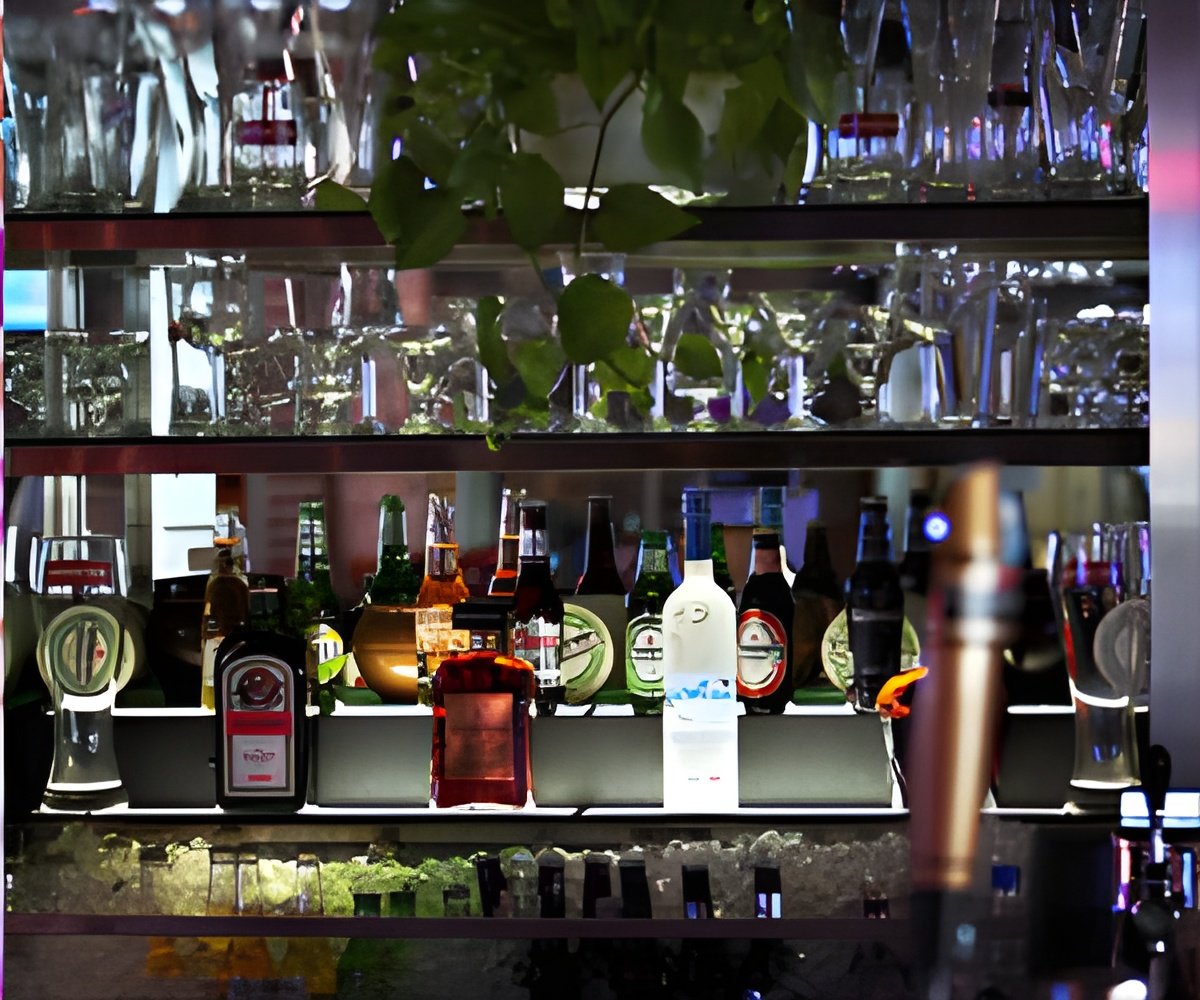
Crates of lager are stacked roof-high, while shelves groan under rows of wine and whisky bottles.
At a nearby minibus depot, commuters spill out of their rides and head for the bars and restaurants.
"It is always a party here -- day or night," says Joao, who tends a street stall or "barraka" selling booze in central Maputo.
"It is different here than in other countries," he said. "When people buy drinks, they drink in the road, not often at home."
The easy access to alcohol is blamed for a range of social ills, notably abuse by minors, even though the legal drinking age is, in theory, 18.
Advertisement
Until now there has been little or no control over where or when liquor can be sold in Mozambique, where beach vendors peddle alcohol out of cooler boxes day and night.
Advertisement
Some repackaged imported spirits, with apt names like "Temptation" and "Lord Gin", sell for as little as $1 a pint.
But the government recently proposed a new law designed to crack down on boozing.
The raft of measures, developed in conjunction with the liquor industry, would curb alcohol sales after 8:00 pm and ban the sale of booze to under-age children, even if they are sent my older people.
The law would also ban giant public billboards from advertising booze, and any liquor advert featuring children or "sensual" women.
Bar patron Joao Celestino believes that most people indulge in alcohol as an escape.
"They have no alternative, they are suffering a lot ," he said.
The former Portuguese colony is one of the world's poorest, with most of its 23.4 million population living on a dollar or less a day.
The discovery of coal and natural gas deposits is likely to boost its income, but for many times are still hard.
The country is also still suffering the effects of a nearly three-decade-long civil war. Many survivors have found comfort in the bottle.
A study by the Institute of Public Health at University of Porto, in Portugal, found that nearly a quarter of women and half of men drink alcohol.
News of tougher laws has not been well received by consumers and traders.
Some angered drinkers believe that the government should be tackling far more pressing social issues.
"This is the government's way of distracting us from other problems," said one patron at a bar in central Maputo.
"Just look at the rubbish piled up in the streets," he added.
Tito, a street vendor, told AFP that selling alcohol was his only livelihood.
He predicted that authorities would have little difficulty getting the law though parliament, while enforcing it will not be easy.
Source-AFP









